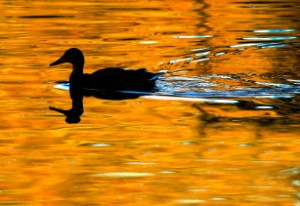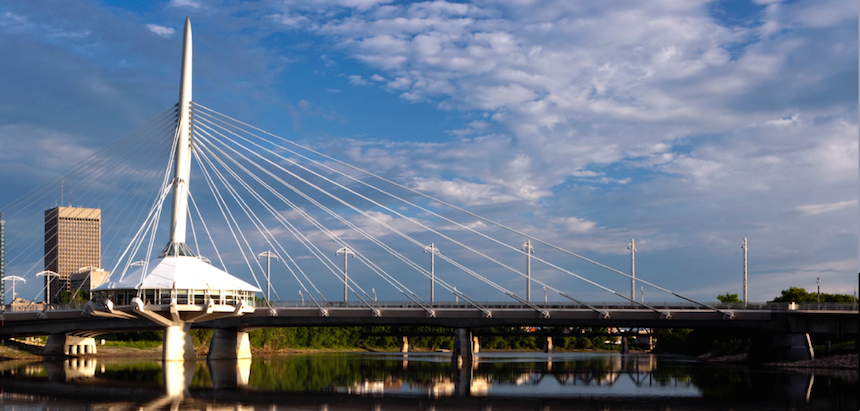 The tapestry of water and birds across the continent is likely to change in the years ahead. Coastal marshes are likely to lose birds as wetland losses mount; big waters inland may do better, but only if water quality can be protected.
The tapestry of water and birds across the continent is likely to change in the years ahead. Coastal marshes are likely to lose birds as wetland losses mount; big waters inland may do better, but only if water quality can be protected.
Warmer winters will mean birds, on average, wintering farther north, as long as they have water for roosting and adequate food.
The bigger question is whether waterfowl habitats in North America will be able to support historical numbers of breeding and wintering birds in the face of global climate change.
Prospects for key waterfowl regions
Ducks Unlimited Canada (DU) believes that the prospects of climate change are serious, and are taking steps to keep informed and do prudent contingency planning for wetland conservation. Here’s a sampling of projections for some of DU’s high priority conservation regions:
- Prairie pothole
- Gulf coast
- Mid-Atlantic coast
- Mississippi alluvial valley
- Great Lakes
- Central Valley of California
- Western boreal forest
Click here for a more in-depth report on DU high priority conservation regions.
What should conservationists do now?
Climate change poses especially difficult challenges for conservation planners because of
- the scale and complexity of the problem
- the long time required to learn about impacts
- the high degree of uncertainty associated with some of the predictions about future conditions
The immediate challenge for conservation organizations is to judge what adaptations are prudent now, even if we are unsure, and, second, what should be done to improve our understanding of climate change and options for future adaptation. Scientific monitoring is essential in those systems that seem most vulnerable (e.g., Prairie Pothole Region, coastal zones, Western Boreal Forest). Improving our understanding of how current swings in climatic conditions affect wildlife populations and their habitats would allow us to anticipate climate impacts much better than we can today. Monitoring changes in other sectors that impact wildlife conservation (e.g., agriculture, forestry) should yield early signals of impending challenges or new opportunities.
Some regions might become a good deal wetter. Conversely, where freshwater becomes scarcer, a wider segment of society should value the role that wetlands, grasslands and forests can play in ensuring that clean water flows from our watersheds. Some waterfowl habitats may have potential to help remove CO2 from the atmosphere and thereby bring new funding partners for habitat restoration (see sidebar).
Waterfowl habitats throughout the continent have been affected profoundly by human development. Any effects of climate change will be imposed on top of existing pressures. In most places one obvious adaptation would be to reduce existing stresses on wetlands (e.g., nutrient loading, toxic chemicals, filling, drainage, soil erosion, urban encroachment) and thereby reduce vulnerability to further climate-induced alterations. This may be the single most important and achievable thing that we can do today to prepare for a warmer but uncertain future.
Carbon sequestration
Conservationists are exploring opportunities for using wetlands, grasslands, and bottomland hardwood forests to take up, or sequester, atmospheric carbon.
This may provide added incentive for North American society to conserve and restore waterfowl habitat. Power producers, energy companies, and other private industries are already investing speculatively in international carbon credits. The basic notion is that industry or governments might be allowed to offset some portion of their carbon emissions by restoring natural habitats that remove carbon from the atmosphere and incorporate it in plant tissue and soil organic matter.
Restoration of bottomland hardwood forests seems tailor-made for such a program. Carbon cycling in other habitats, like prairie wetlands, needs additional study to test their carbon storage potential.




